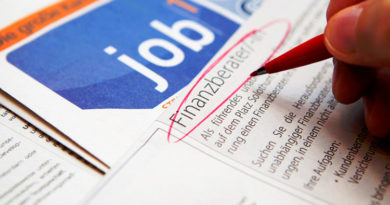TODAY’S PAPER -HEADLINE- EU’s green policy remains key priority in ASEAN ties | Rich EU consumers ‘outsource’ environmental impact to poorer neighbors
Proliferating palms: Vehicles drive through an oil palm plantation in Pangkalan Banteng, West Kotawaringin, Central Kalimantan, on Nov. 7, 2022. Recent data from the Agriculture Ministry shows that oil palm plantations cover 16.38 million hectares of the country.(Antara/Makna Zaeza)
.
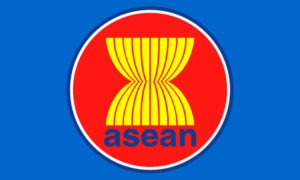

.
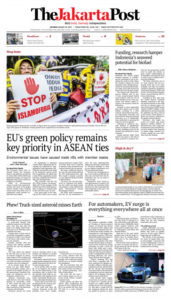
The European Green Deal remained among the European Union’s top priorities in both the 27-nation bloc’s 2023 ASEAN and Indonesia strategy, two senior EU diplomats told a press conference in Jakarta on Tuesday.
While its environmental stance on trade had caused heated rifts with some of the largest ASEAN member states, Brussels would ensure that other areas of cooperation could continue undisturbed, they added.
EU Ambassador to Indonesia Vincent Piket emphasized that finalizing the Indonesia-EU Comprehensive Trade Agreement (IEU-CEPA) by the end of the year would be the dominant concern of the bloc’s negotiators.
He added that a total of four negotiation rounds had been scheduled for February, May, July and September.
to Read Full Story
Click to read: https://www.thejakartapost.com/paper/2023/01/28/eus-green-policy-a-priority-for-asean-deals-envoys.html.
Yvette Tanamal and A. Muh. Ibnu Aqil
The Jakarta Post
Jakarta
● Sat, January 28 2023
.
READ MORE:
CLIMATE AND ENVIRONMENT
Rich EU consumers ‘outsource’ environmental impact to poorer neighbors
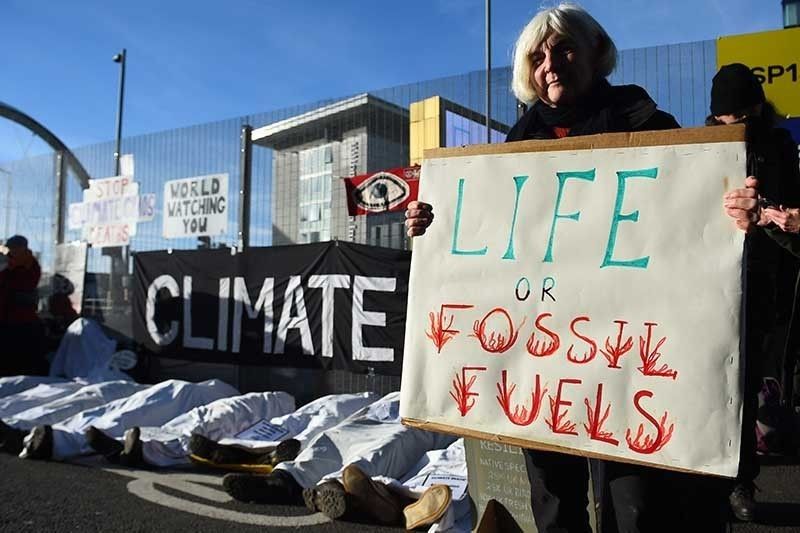
An activist from the climate change group Extinction Rebellion (XR) holds a sign next to fellow protesters pretending to be dead under white sheets during a “Remember climate death” sit-in on the sidelines of the COP26 Climate Change Conference in Glasgow on November 11, 2021./ AFP / Andy Buchanan

PARIS, France — Consumption patterns in wealthy European Union countries are having detrimental environmental impacts in poorer EU nations, a study Thursday found, exposing harmful inequalities on the continent.
The study looked at 10 key environmental impacts — including greenhouse gas emissions, toxins in water and soil, air pollution and land use — in supply chain countries and stacked them up against GDP levels in EU nations.
The negative impacts went beyond Europe — Brazil, China, India and Japan were included — but the most striking findings were on the continent.
“There are huge inequalities between the EU, and that was the surprising thing,” said the study’s co-author Klaus Hubacek from the University of Groningen in the Netherlands.
Poorer countries within the EU were affected, but also non-EU countries like Albania, Montenegro, Serbia, Ukraine and Moldova, said the study, published Thursday in Nature Sustainability.
“Eastern Europe consistently ranked as the region receiving the lowest share of economic value added compared to environmental pressures and impacts associated with EU consumption,” the press release said.
The researchers studied a “giant matrix” of data from 1995 to 2019, Hubacek said, examining GDP growth related to consumption of things like food, clothing, manufactured products and services, compared to environmental impact.
They found that wealthier European nations saw a positive GDP impact, while “outsourcing” environmental impact to places providing consumer goods.
The impacts “increased notably outside the EU, while decreasing within the bloc,” the study said.
‘Winners and losers’
Some of the environmental impacts come down to lax environmental laws in poorer countries, or reliance on older technologies and equipment that could be harmful or more polluting — some of which would not be allowed in EU countries.
The impact was also seen within the EU.
Agricultural producers Spain and Greece, for example, saw disproportionate impacts on water, biodiversity and land use compared to the economic benefits from producing goods largely exported beyond their borders.
“It’s a fascinating part of the picture that we have rich and poor, and winners and losers, within countries and regions,” Hubacek told AFP.
He said consumers could shift consumption patterns — eating less inexpensive meat from countries with lax environmental laws, for example — but also called on the EU to roll out tougher import rules.
One solution could be to impose a border tax adjustment so goods from countries where environmental impact is higher would face higher import tariffs.
“It’s improving the efficiency along the entire supply chain, meaning we have to improve the environmental problems here, as well as abroad,” Hubacek said from the Netherlands.
“We can’t just focus on our own little backyard, but also see what damage we do elsewhere.”
The research was initiated by Greenpeace, which wanted to examine the impact of the EU’s Green Deal climate plan.

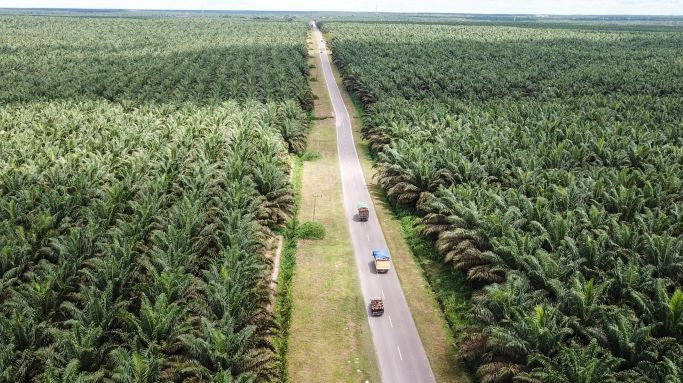
 Memento Maxima Digital Marketing
Memento Maxima Digital Marketing Ads by: Memento Maxima Digital Marketing
Ads by: Memento Maxima Digital Marketing





